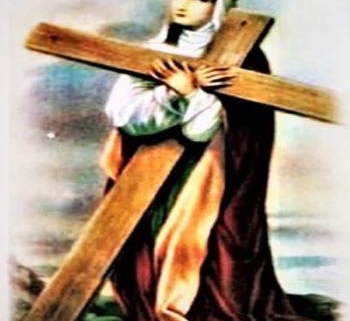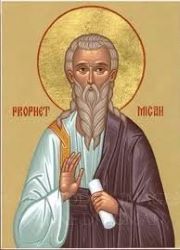The Finding of the Cross
The absolute love proven, the announcement of peace, our affirmation of liberation, and avow of salvation, the finding of the holy cross is a great feast and thus celebrated every year. The first man Adam betrayal put him to trail and so The Holy Son came down from the heavens to suffer and be sacrificed upon the cross. This being a big reason, we make a great feast on Meskerem 17.



